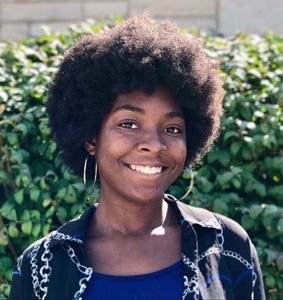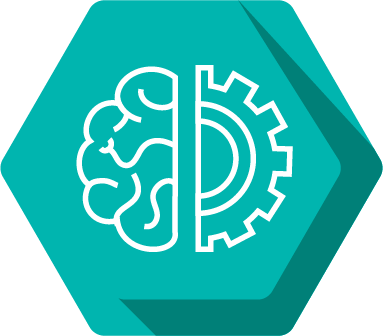Oluwakemi Johnson

Pronouns: She/Her/Hers
Research Mentor(s): Carol Flannagan, Research Professor
Research Mentor School/College/Department: University of Michigan Transportation Research Institute, College of Engineering
Presentation Date: Thursday, April 22, 2021
Session: Session 1 (10am-10:50am)
Breakout Room: Room 16
Presenter: 5
Abstract
The research project I am participating in is “Developing Fast and Unbiased Computer Vision Algorithms” through the Multidisciplinary Design Program and the Transportation Research Institute. We’re trying to make a computer vision algorithm that could detect if drivers are paying attention to the road or distracted such as being on their phones. The algorithm itself should be as efficient and reliable as possible. To get our results, we look at frames of videos of people driving and create data sets and coding logs based on what the driver is doing. We have multiple people log the videos to create a benchmark of what the driver is doing. We also change our operational definitions of what we are looking for in the videos. The coding logs give us a benchmark for the algorithm so it can accurately judge what actions are distracted driving. By changing the variables we’re analyzing and improving the benchmark, we can make the algorithm more efficient, especially when we have a lot of different types of videos with varying lighting, subjects, and difficulty. Our research is vital because while transportation safety is important and an accurate algorithm detection distracted driving could help reduce the number of car accidents and car deaths, on a larger scale, our improvements of this computer vision algorithm would help improve how computer vision algorithms are created and applied in general. Overall, computer vision algorithms have shown to be biased especially with variables like skin color, sex/gender expression, and lighting. Those variables negatively affect the accuracy of the algorithm. Through our research, we could use our same methods and data to help other computer vision algorithms become more accurate and efficient.
Authors: Oluwakemi Johnson, Carol Flannagan
Research Method: Data Collection and Analysis







